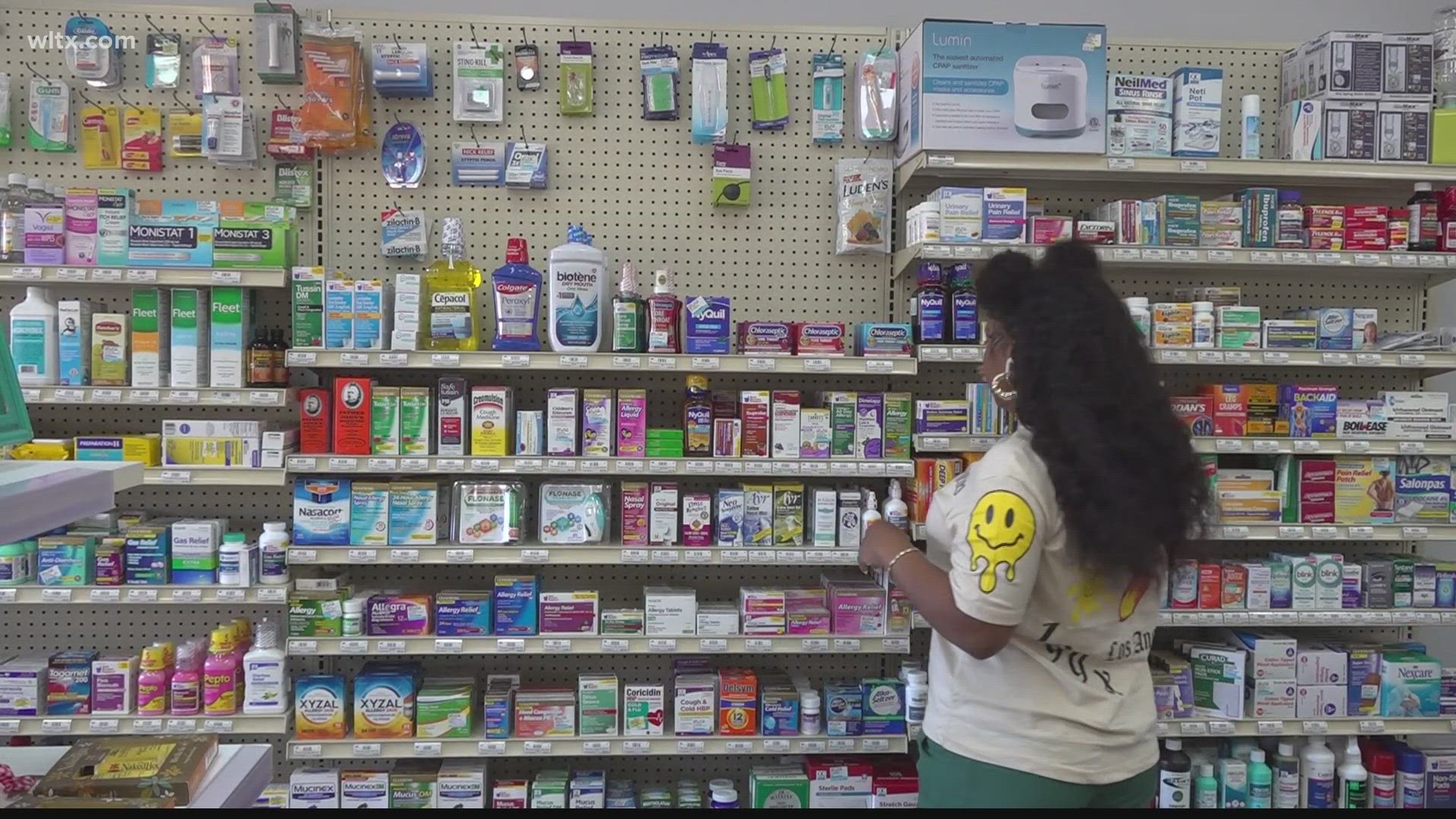COLUMBIA, S.C. — Since 2022, South Carolina pharmacists have had the authority to provide birth control without requiring a prescription. However, despite the legislative move to increase accessibility, only a handful of pharmacies in the state have embraced this opportunity.
Deno Sebastian, a pharmacist in Camden, went through the required training last year, but still hasn’t opted in.
“I have the license and credentials to do the prescribing, but it's more about the law and how it's written today,” said Sebastian.
The South Carolina Pharmacy Association revealed that, to date, only about a dozen pharmacies have opted to participate in this initiative.
“I would like to see it in the hundreds quite honestly,” said Brian Clark, the CEO of the SC Pharmacy Association.
Clark attributed the slow uptake to the absence of a statewide protocol. Right now, pharmacists must get a standing order from a licensed prescriber.
“That really is the bottleneck for this right now,” said Clark.
In response to these challenges, Senator Tom Davis has proposed a new bill aimed at establishing a standardized practice for pharmacies participating in prescribing birth control.
“Very similar to the way immunizations are prescribed at the pharmacy. Pharmacists would be able to do this under a protocol that has been developed by the Board of Medical Examiners and the South Carolina Board of Pharmacy,” said Clark.
Clark drew attention to Oregon's success with a similar approach, noting that within the first two years, they prevented 50 unintended pregnancies, saving the state approximately $1.6 million.
“There are several counties within South Carolina that don't have an OBGYN and so pharmacists are your most readily accessible health care provider,” said Clark.
Another obstacle faced in South Carolina is the need to raise awareness. The Pharmacy Association is addressing this by providing a two-hour training course for interested pharmacists.
State data indicates that nearly 5 thousand pharmacists are practicing across all 46 counties, highlighting the potential impact of a more widely adopted prescribing practice.
“We want to provide access to healthcare as much as possible,” said Sebastian.
South Carolina joins 29 others and the District of Columbia that have passed similar laws, including North Carolina and Tennessee, according to the Guttmacher Institute.

